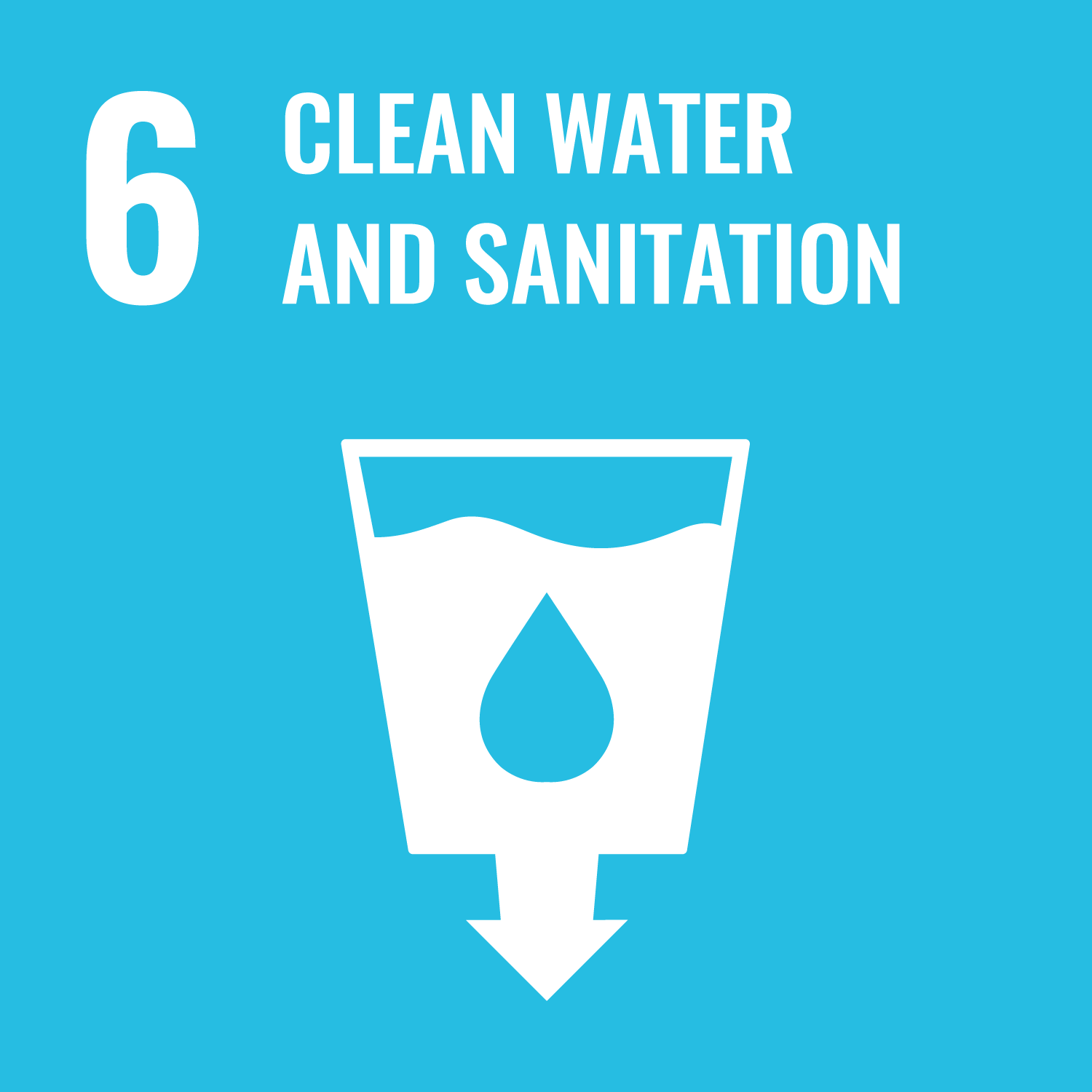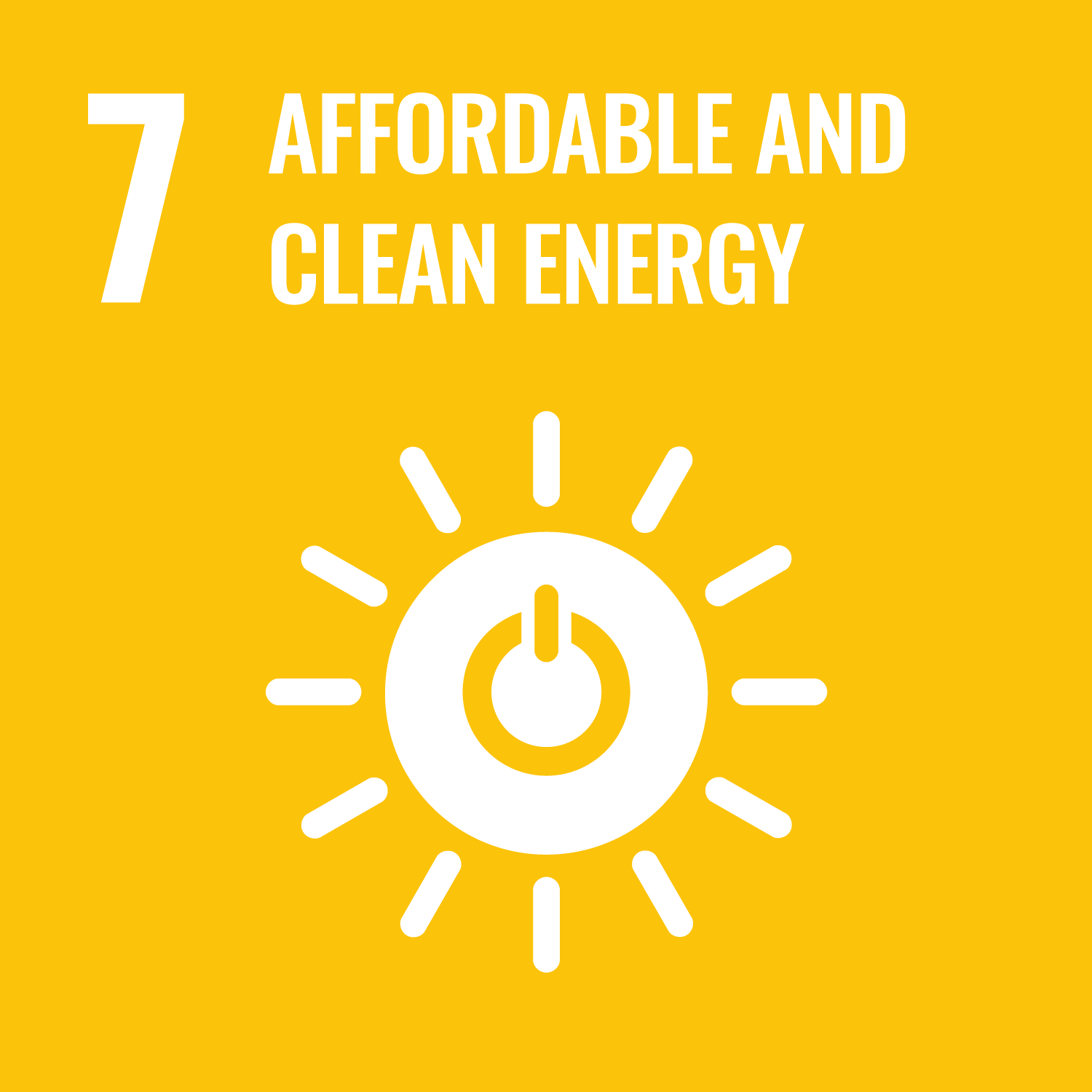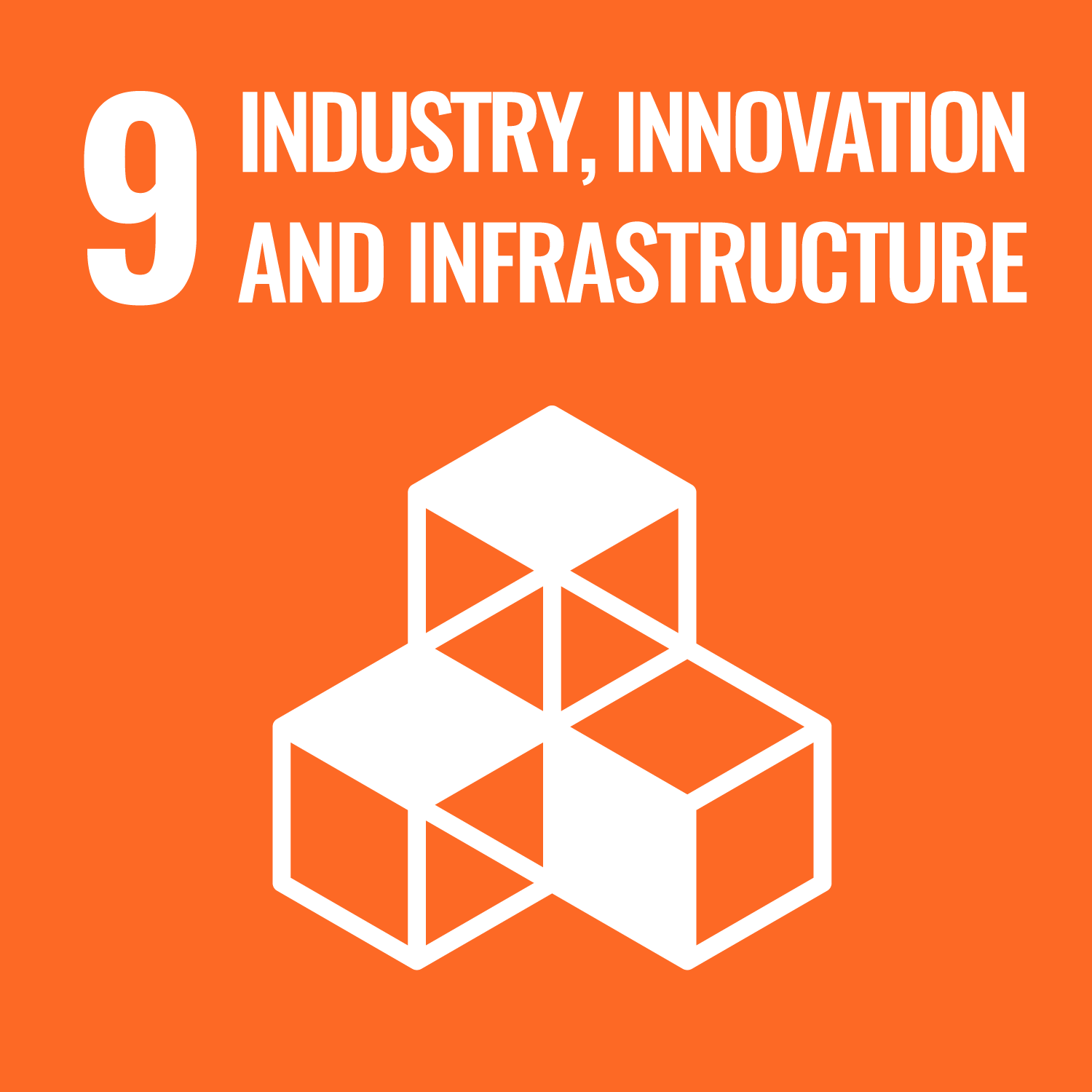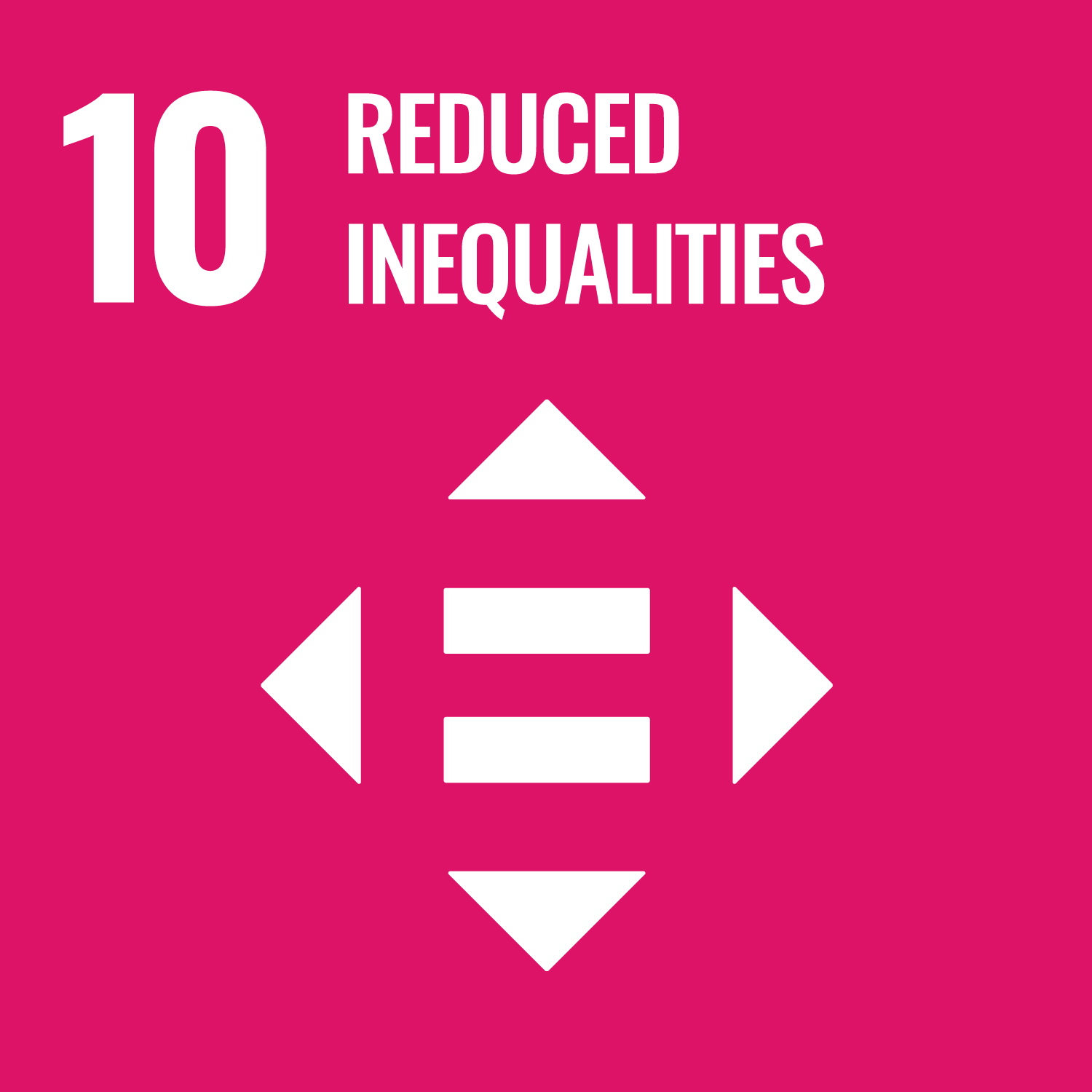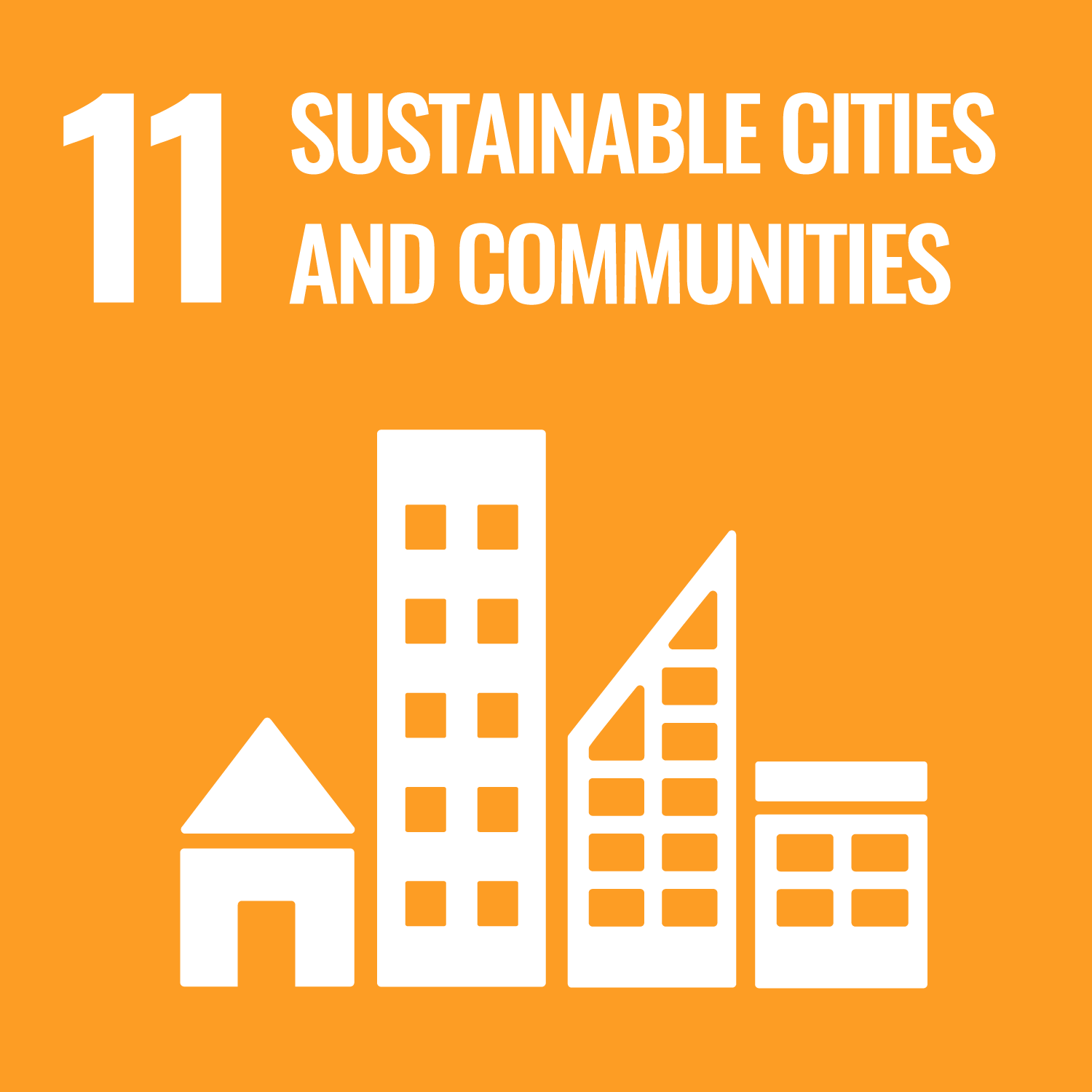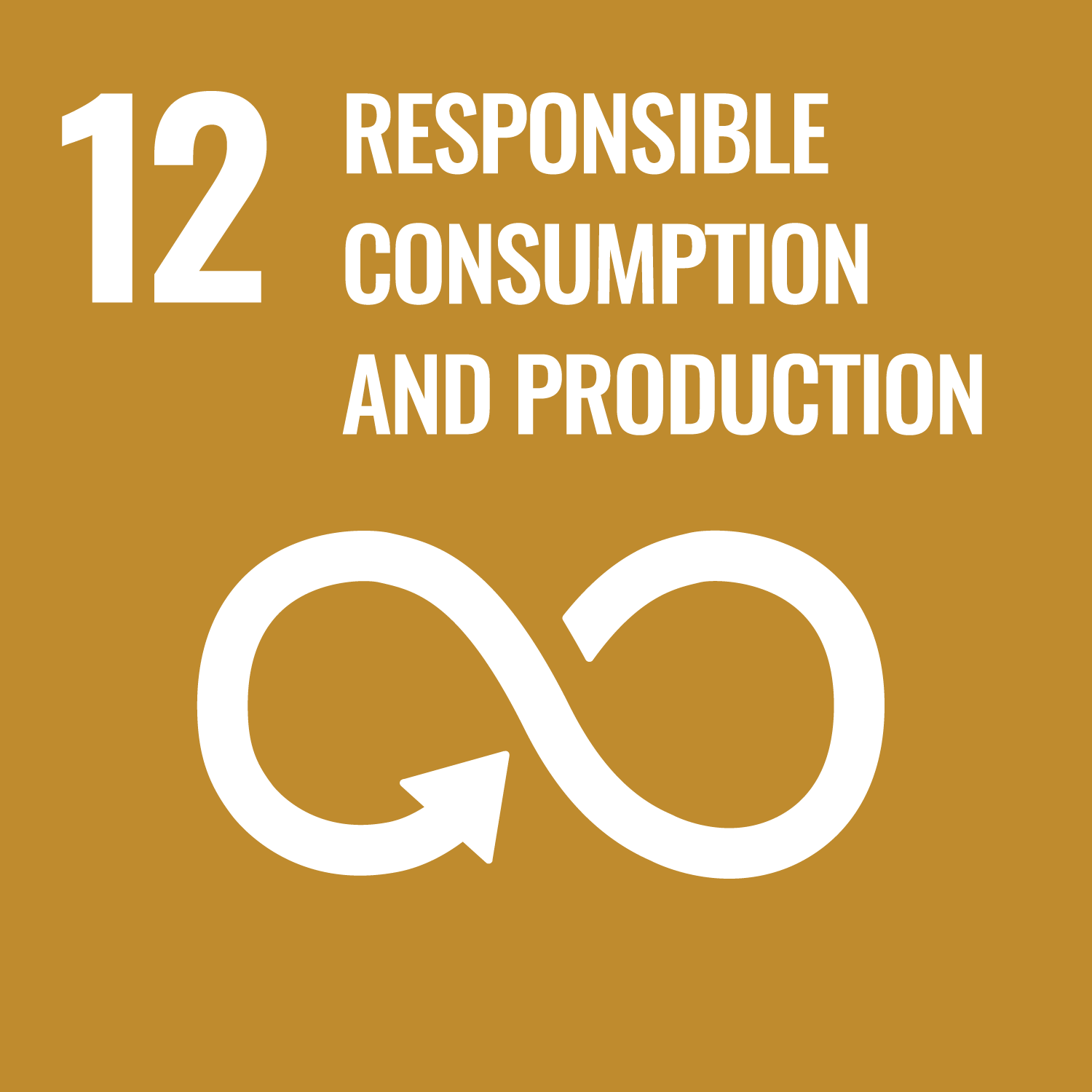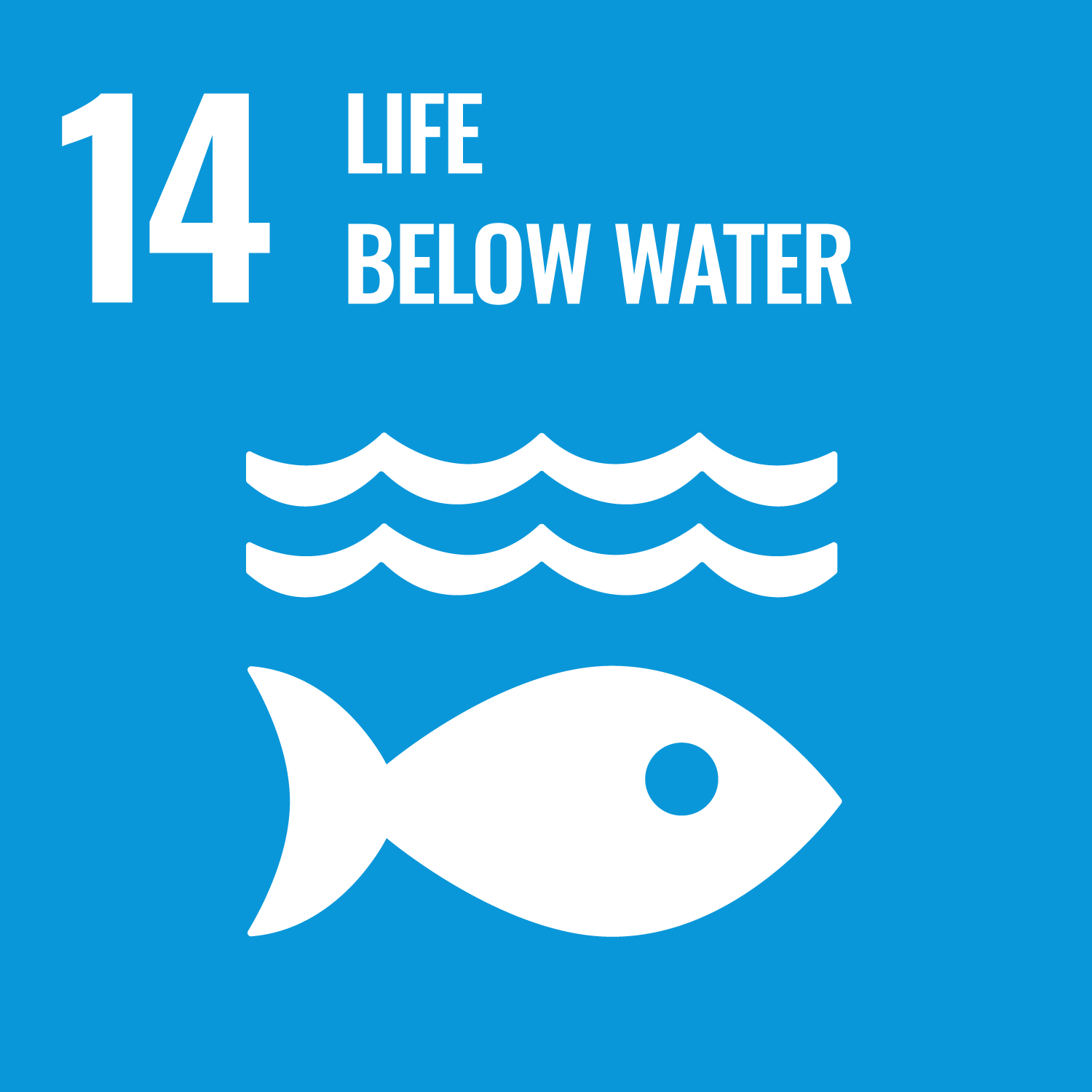180° Turnaround from Waste! The challenge of recycling nylon!
Graduate School of Science and Engineering (Science) Chemistry Program
Biochemistry Course
KATO Dai-ichiro
Background and objectives of activities
The global market for nylon, estimated to be 8.9 million tons by 2020, is widely used as a fiber and plastic due to its superior strength, heat resistance and chemical resistance, but most of the polymer is incinerated or disposed of after use because it is too tough and difficult to recycle. However, since petroleum resources will be depleted in the future and incineration is a cause of global warming, there is an urgent need to recycle as much as possible and to propose new nylons that are biodegradable and derived from biomass. In this context, our research activities are aimed at recycling or reusing nylon, which is currently considered as "waste".

Summary of Activities
In order to realize a resource-recycling society that minimizes environmental impact, we are conducting research on chemical recycling methods to reuse nylon by returning it to its raw materials. We have a proprietary enzyme, nylon hydrolase, which has hydrolysis activity for high-molecular-weight nylon, and have established a method for hydrolyzing amide bonds under mild conditions to completely hydrolyze nylon into monomers. In addition, the company is participating in the NEDO Moonshot Project from FY2020 and is involved in the development of next-generation nylon with improved recycling performance.
Expected Benefits
Global warming and other global environmental problems not only affect ecosystems, but also cause climate change and natural disasters, and are certain to affect the survival of the human race in the future. Therefore, approaches from various fields are being tried. Nylon, one of the major synthetic polymers, has not yet established a realistic monomer recycling method, and some of it leaks into the environment, causing a serious problem of marine plastic waste. If this research project shows promise for highly efficient recycling of nylon, it will enable a shift from the synthesis stage to a production system that takes recycling into account, bringing us one step closer to a resource-recycling society that minimizes environmental impact. It is expected to become a fundamental technology that will encourage consumers to change their behavior and contribute to enriching human life 20 years from now.





